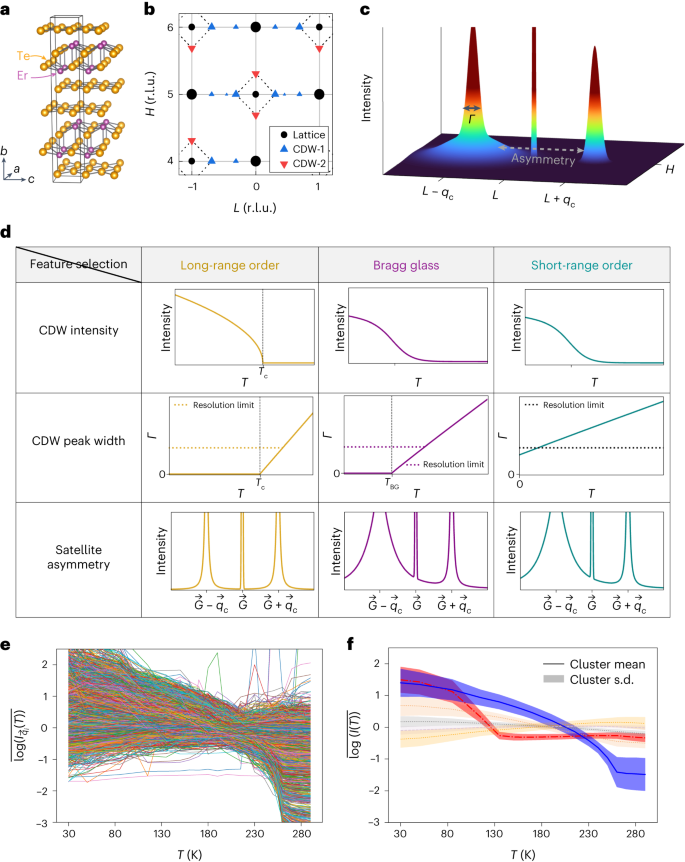2024-04-18 スイス連邦工科大学ローザンヌ校(EPFL)
<関連情報>
- https://actu.epfl.ch/news/an-ink-for-3d-printing-flexible-devices-without–2/
- https://onlinelibrary.wiley.com/doi/10.1002/adma.202313189
局所的に機械的特性が変化するダブルネットワーク粒状エラストマーの3Dプリント 3D Printing of Double Network Granular Elastomers with Locally Varying Mechanical Properties
Eva Baur, Benjamin Tiberghien, Esther Amstad
Advanced Materials Published: 26 March 2024
DOI:https://doi.org/10.1002/adma.202313189

Abstract
Fast advances in the design of soft actuators and robots demand for new soft materials whose mechanical properties can be changed over short length scales. Elastomers can be formulated as highly stretchable or rather stiff materials and hence, are attractive for these applications. They are most frequently cast such that their composition cannot be changed over short length scales. A method that allows to locally change the composition of elastomers on hundreds of micrometer lengths scales is direct ink writing (DIW). Unfortunately, in the absence of rheomodifiers, most elastomer precursors cannot be printed through DIW. Here, 3D printable double network granular elastomers (DNGEs) whose ultimate tensile strain and stiffness can be varied over an unprecedented range are introduced. The 3D printability of these materials is leveraged to produce an elastomer finger containing rigid bones that are surrounded by a soft skin. Similarly, the rheological properties of the microparticle-based precursors are leveraged to cast elastomer slabs with locally varying stiffnesses that deform and twist in a predefined fashion. These DNGEs are foreseen to open up new avenues in the design of the next generation of smart wearables, strain sensors, prosthesis, soft actuators, and robots.



